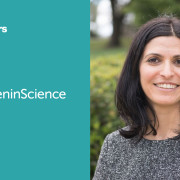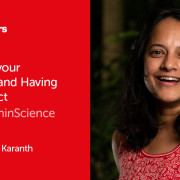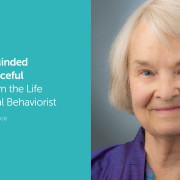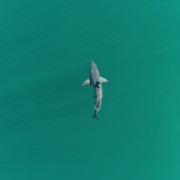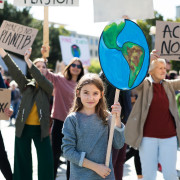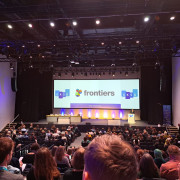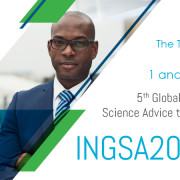- Science News
- Frontiers news
- Marlen Vasquez – We have overcome the most challenging issues, now we need to speed up the process #WomeninScience
Marlen Vasquez – We have overcome the most challenging issues, now we need to speed up the process #WomeninScience
Author: Freya Wilson, Publishing Partnerships Specialist
This week, Freya Wilson talks to Dr. Marlen Vasquez, an environmental toxicologist at the Cyprus University of Technology. She is also the leader of the Oikotoxicologia Research Group and vice-chair of Ocean4Biotech. We discuss her experience as a young immigrant from the Dominican Republic, the challenges of a woman in an interdisciplinary career, and the importance of representation.
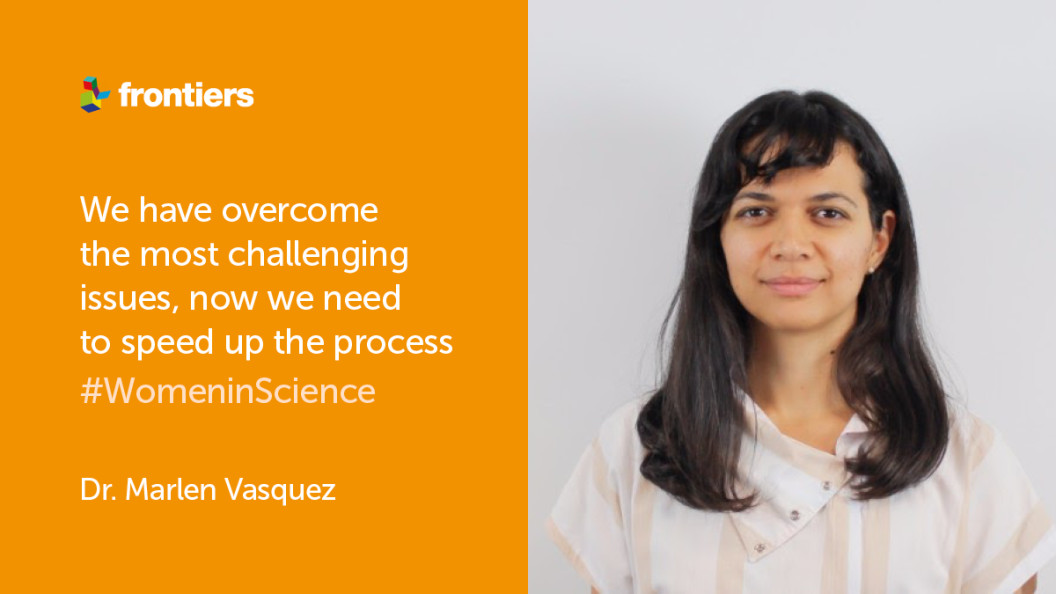
Talk to us about your background growing up and how you ended up in the Biology and Environmental Engineering field?
“From my early years in the Dominican Republic, science and technology were always around me. Growing up in a poor country with very limited means meant we didn’t have access to running water. I would engineer ways to use the least amount of water as possible in an efficient way. A shower with warm, running water was a luxury granted only when I moved to Cyprus. I also remember when my father, a marine biologist, would drive me to school. We would spend the entire journey discussing STEM-related topics. My father pushed me to study a mixture of science courses during secondary school because he thought that science is the basis for supporting complex problem-solving scenarios. Looking back on it now, I totally agree with him.”
You’re an academic now, but you have also worked as a secondary school teacher, a health inspector and a researcher in the government. What has been your experience of having such a diverse career history?
“I enjoyed having a career path that was not so straight-forward. Experiencing different working environments is very invigorative and a great opportunity that a STEM career offers. Through my studies I was able to educate at secondary school level, become a water regulator, address policy issues, and perform research directed at solving policy-implementation issues. All these really helped me to create a strong network and address Cyprus’ main challenges related to improving water quality in a holistic way - which sits at the core of the EU’s water policy issues.”
What do you think is important when establishing yourself as a woman in science?
“To know that you will face discrimination and prepare yourself to address it. I have been asked why I did not publish while on maternity leave and I was offered less-demanding tasks because of a perception that having kids can ‘distract you’. Offer yourself to more challenging tasks if you think you can cope with them and ally with other women in your department or institution.”
How do you feel about the number of women in science compared to men in the same field?
“I think things are improving globally, but in some countries more than in others. For example, in my institution, we get comparable numbers of women and men enrolling in STEM studies. In my Chemical Engineering Department, we now have more women than men.
“This is great in helping close the gender gap. However,t even though things are very promising at undergraduate and postgraduate level, in permanent decision-making positions the number of women is still ridiculously low. We don’t just want women in the STEM workforce, but also helping to shape the future of STEM. I hope things continue to improve quickly so that it’s normal for girls to see themselves represented in decision-making and professional roles.”
Are there any moments where you think being a woman has helped you have an impact?
“I am Vice Chair of the European Cooperation in Science and Technology (COST) Action ‘Ocean4Biotech’. This action aims to develop the growing marine biotechnology field sustainably and responsibly. It is probably one of the few Actions in which both Chair and Vice-Chair are led by women in STEM from Inclusiveness Target Countries. I think that the moment there is more diversity in these types of influential positions - the moment you can start talking and being heard - you immediately create more opportunities, not necessarily just for women, but also for other underrepresented groups in the academic environment. I think this is an amazing opportunity and being a woman in this context is great.”
Finally, if you could speak to your 16-year old self today, what advice would you give her?
“Dream high and you will succeed. Women in STEM have already overcome the most challenging issues, now we need to speed up the process.”
Frontiers is a signatory of the United Nations Publishers COMPACT. This interview has been published in support of United Nations Sustainable Goal 5: Achieve gender equality and empower all women and girls.

